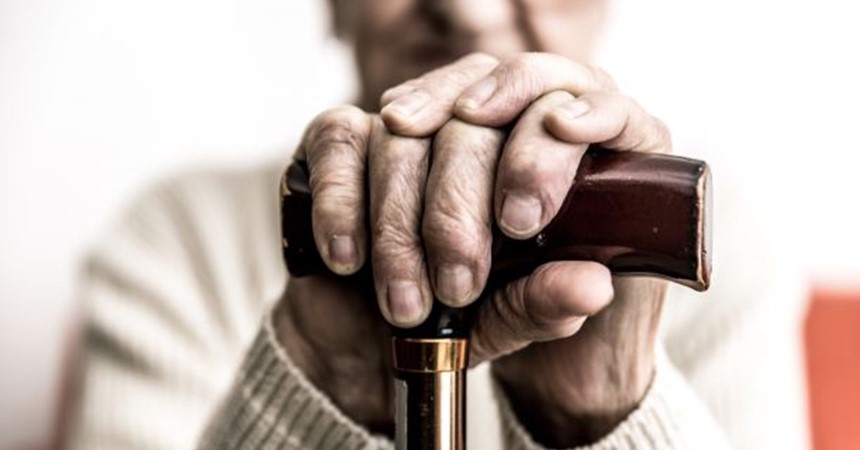Afiron lives in a village near Bangladesh’s border in India. Her late husband, Kalu, was a day labourer, she has no children and now that he has gone, she lives on her own on a rubber plantation on government forest land. As an elderly woman, she isn’t able to do any arduous tasks which makes it challenging to afford her daily needs. The COVID-19 pandemic has made life even tougher for some of the most vulnerable communities in Bangladesh – and women have been amongst the hardest hit.
As an elderly woman, she isn’t able to do any arduous tasks which makes it challenging to afford her daily needs. The COVID-19 pandemic has made life even tougher for some of the most vulnerable communities in Bangladesh – and women have been amongst the hardest hit.
According to the United Nations Secretary-General, Antonio Guterres, the COVID-19 pandemic is causing “untold fear and suffering for older people across the world. Beyond its immediate health impact, the pandemic is putting older people at greater risk of poverty, discrimination, isolation and death – particularly in developing countries.”
This year is the 30th anniversary of the International Day of Older Person and it marks the beginning of the World Health Organisation’s Decade of Healthy Ageing. This global strategy aims to bring together health professionals, governments and communities to form an action plan to address Health and Ageing, incorporating the Sustainable Development Goals (SDGs), to ‘ensure healthy lives and promote wellbeing of all at all ages.”
In Bangladesh, many people were already facing the challenges of overcrowding, an under-resourced healthcare system and food insecurity before COVID-19 hit. Only around 35 per cent of people in Bangladesh have access to clean drinking water [1] and one in five people live below the poverty line, on less than $5 a day. [2]
This Caritas program has helped over 5,800 low-income households to diversify their agricultural production and improve their food security, through the development of skills in vegetable gardening and livestock-rearing. The program has also provided training to over 3,700 people on ways to boost the sale of their produce at local markets.
During COVID-19 times, Caritas Australia and its partners have also provided emergency cash assistance to support vulnerable program participants who could not work during the lockdown. This helped families and vulnerable community members, like Afiron, to buy food and hygiene materials. Caritas has also been running awareness-raising sessions about COVID-19 prevention measures, such as hand washing, use of masks and social distancing measures.
Afiron is grateful to Caritas Australia for helping her to meet her daily food needs and protect herself from COVID-19.
“I shall purchase some rice, pulses, oil, soap, vegetables from the market,” Afiron says. With your support, we can continue to reach out to older people around the world to help them and their families to survive this global health emergency.
Along with your generous support, this program is supported by the Australian Government through the Australian NGO Cooperation Program (ANCP).

